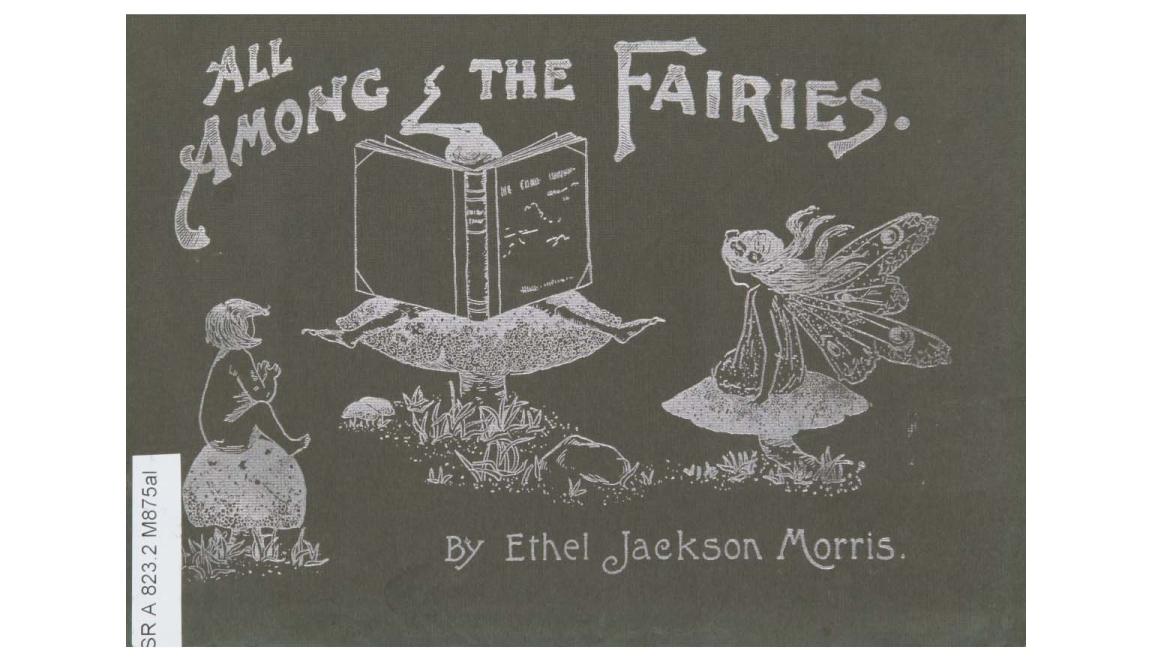Imagination and fantasy
Quests, adventures and inner journeys
One of the key benefits of fantasy is that it allows readers to explore different ways of seeing the world. By presenting hypothetical situations, fantasy invites readers to make connections between the fictional world and their own experiences.

Ethel Jackson Morris, All among the fairies, 1909, nla.gov.au/nla.obj-22387121
Ethel Jackson Morris, All among the fairies, 1909, nla.gov.au/nla.obj-22387121
Fantasy stories are often set outside the real world, providing a safe space for children to explore complex or potentially frightening issues through metaphor and imagination.
Quest stories are a common form of fantasy. They follow heroes as they face challenges—sometimes through physical journeys, and sometimes through personal or emotional growth. A quest may represent a rite of passage or a journey toward self-understanding. Not all heroes are on quests, though—some are simply off on an adventure!
Learning activities
Activity 1: Creating a quest
Students can combine fantasy and imagination to create a fantastic world. In groups or individually, have students explore the idea of creating a quest with a purpose.
In this task, students might:
- create plot tension through imaginative language
- create a language of symbols
- create a writing wall with post-it notes to map the sequence of their ideas
- incorporate the correct use of punctuation and language as part of the task
- include characters to support the main protagonist/s.



